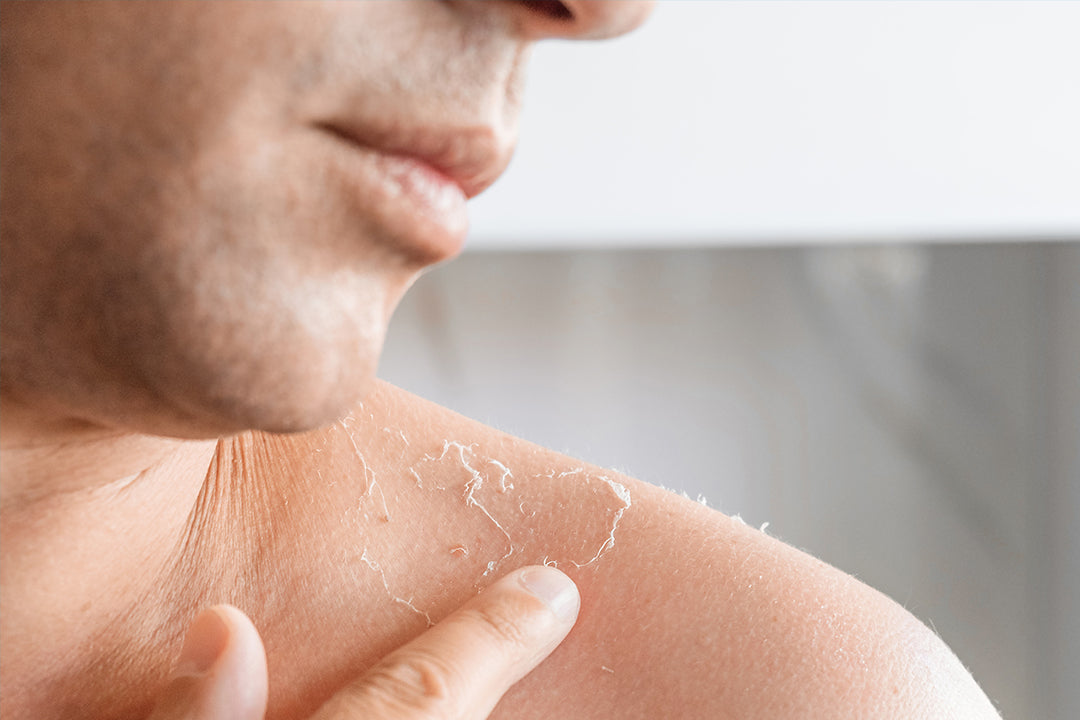Are you looking for a way to enhance your skin's healing process? Look no further than collagen! Collagen is a protein that plays a vital role in wound healing and overall skin health. In this blog post, we will dive deep into the collagen healing process and explore how it can benefit your skin.
Understanding Collagen
Collagen is the most abundant protein in our bodies, making up a significant portion of our skin, bones, tendons, and ligaments. It provides structure, strength, and elasticity to our skin, keeping it plump and youthful-looking.
As we age, our collagen production decreases, leading to the formation of wrinkles, sagging skin, and slower wound healing. This is where collagen dressings and advanced wound care therapies come into play.
The Role of Collagen in Wound Healing
Collagen dressings have gained popularity in recent years due to their ability to stimulate healing in stalled wounds. When applied to a wound, collagen dressings provide a moist environment that promotes cell growth and accelerates the healing process.
These dressings can be particularly effective in chronic wounds, such as diabetic foot ulcers and venous leg ulcers. The collagen helps kickstart the healing process by attracting cells involved in wound repair, including fibroblasts and macrophages.
Advanced Therapies for Wound Management
Aside from collagen dressings, there are other advanced wound care therapies that utilize collagen to promote healing. These therapies include cellular and/or tissue-based products (CTPs) and growth factors.
CTPs are derived from human or animal sources and contain collagen along with other components that aid in wound healing. Growth factors, on the other hand, are substances that naturally occur in our bodies and play a crucial role in cell growth and tissue repair.
Collagen in Skincare
Collagen doesn't just benefit wound healing; it also has numerous benefits for your everyday skincare routine. Many skincare products now contain collagen as an active ingredient to help improve skin elasticity, reduce wrinkles, and promote a youthful complexion.
At QRxLabs, we offer a range of skincare products that harness the power of collagen along with other potent ingredients. Our glycolic acid, retinol, squalane, niacinamide, and salicylic acid-based toners, cleansers, creams, moisturizers, serums, and chemical peels are designed to address various skin concerns, including pigmentation, redness, razor bumps, anti-aging, and skin lightening.
The Science Behind Collagen
Collagen works by stimulating the production of new collagen in your skin. It helps strengthen the skin's barrier function, improve hydration, and reduce the appearance of fine lines and wrinkles.
Additionally, collagen helps protect your skin from free radicals, UV damage, and environmental pollutants. It acts as a shield, keeping your skin healthy and resilient.
Incorporating Collagen for Healing
While there's no guarantee that upping your collagen intake will directly accelerate wound healing, it can provide some benefits and support your body's natural healing process. Here's how:
1. Diet: Bone broth, rich in collagen protein and other nutrients, has been a traditional remedy for wound healing for centuries. Consider incorporating bone broth into your diet during recovery. Other collagen-rich foods include fatty fish, citrus fruits, and egg whites.
Keep in mind: While these foods contain collagen, your body breaks them down into amino acids and uses them to create collagen or other proteins as needed. There's limited research on whether consuming collagen directly translates to increased collagen production in the skin.
2. Topical Application: Some studies suggest that topical collagen creams and serums might improve skin hydration and elasticity. However, the research is ongoing, and the effectiveness can depend on the product formulation and individual factors.
It's Important to Note
1. Talk to Your Doctor: If you have a wound that's not healing properly, consult your doctor. They can diagnose the underlying cause and recommend appropriate treatment.
2. Collagen Supplements: Collagen supplements are becoming increasingly popular. While generally safe, it's wise to discuss them with your doctor, especially if you have any underlying health conditions or take medications.
Beyond Collagen
For optimal wound healing, a well-rounded approach is key. Ensure a balanced diet rich in protein, vitamins, and minerals to provide your body with the building blocks for repair. Adequate sleep and stress management are also crucial for promoting overall healing.
FAQs
1. Can collagen supplements help with wound healing?
While collagen supplements can support overall skin health, there is limited evidence to suggest that they directly impact wound healing. It's best to consult with a healthcare professional for personalized advice.
2. Are collagen dressings suitable for all types of wounds?
Collagen dressings are generally safe to use on most wounds. However, it's always recommended to consult with a healthcare professional for proper wound care management.
3. How long does it take for collagen to show results in skincare products?
The results of collagen-based skincare products can vary depending on the individual and the specific product used. Consistent use over time is key to seeing noticeable improvements in your skin's texture and appearance.
In Conclusion
The collagen healing process is a fascinating mechanism that plays a crucial role in wound healing and overall skin health. By harnessing the power of collagen through collagen dressings and skincare products, you can enhance your skin's natural healing abilities and achieve a youthful, radiant complexion.









